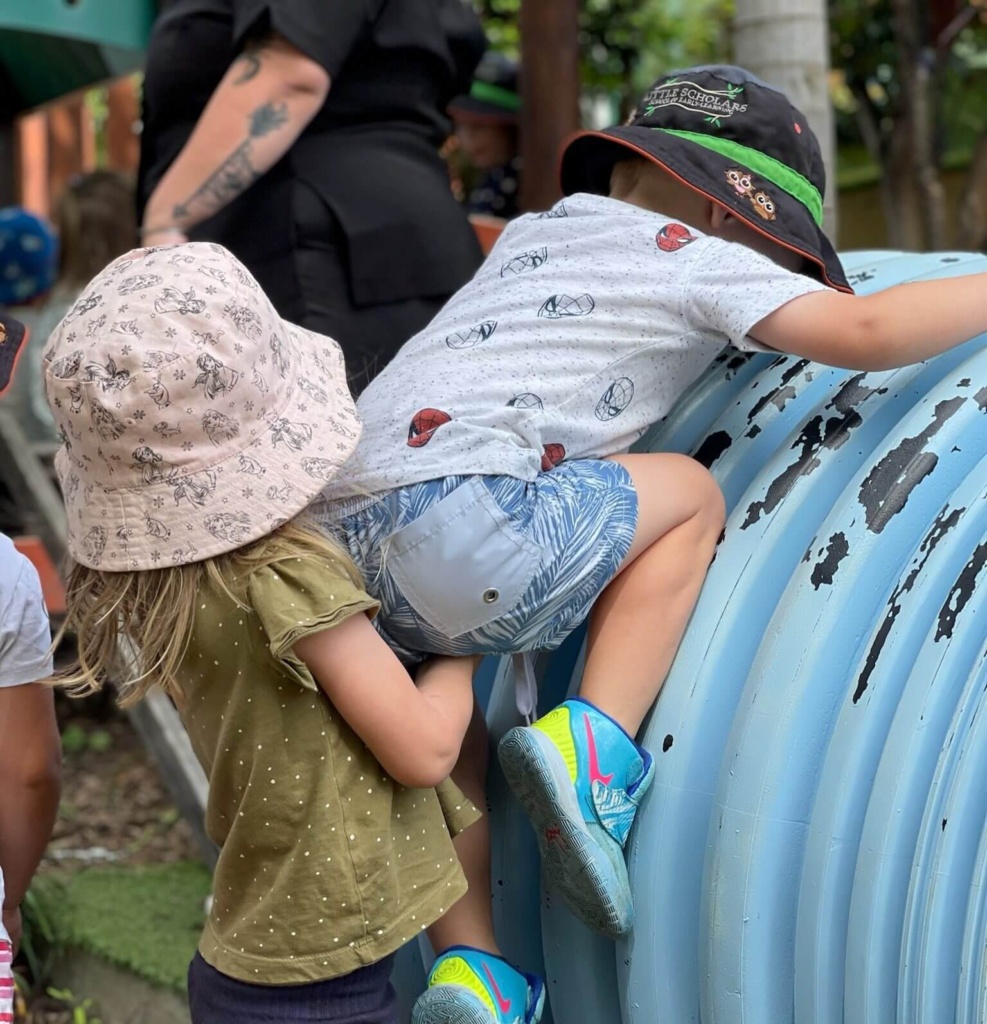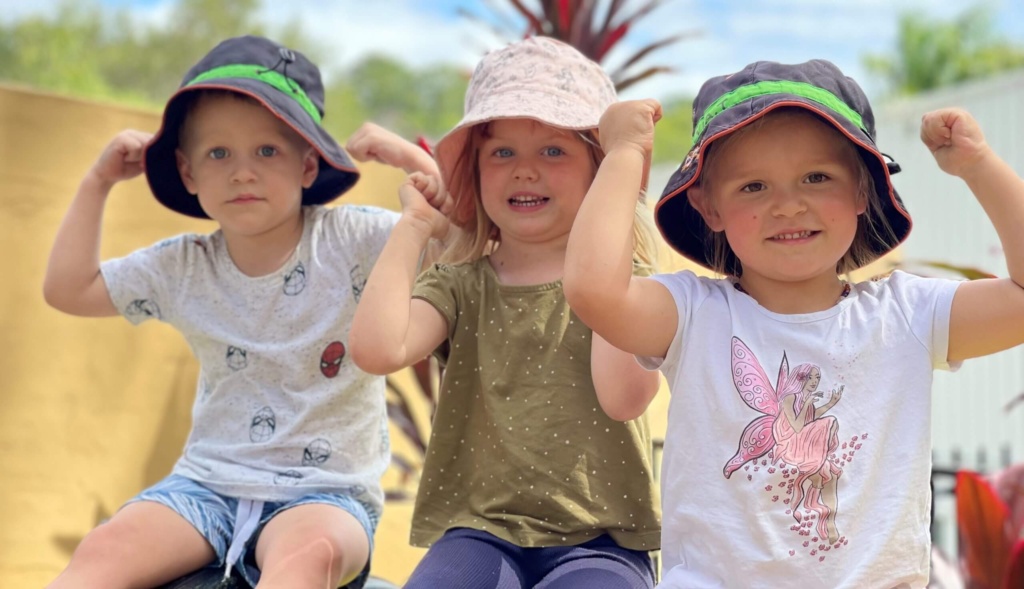Have you heard the term ‘frustration tolerance’ before? If you have a small child or work with them, you certainly know all about children struggling with frustrating emotions. Frustration tolerance is the ability to work through a problem, breathe, and figure out a solution.
You see your child trying out a task and not be able to get it to work the way they want to. They get frustrated and ask for help. You oblige because you just hate to see them mad at themselves.
When you see a baby getting frustrated and crying, you want to jump to her rescue and give her that item she’s trying to reach for. When your toddler is working to solve a puzzle, we want the child to get it done and get it done right on the first go. If not, we jump in to fix it for them.
But what is the underlying message we are giving the child every time we do a task for them?
‘I can do it for you, faster than you can, more efficiently than you can.’
How do they learn to do something on their own if they always have help? How do they have a sense of accomplishment if they never go through the trial-and-error process while learning to do something.
The next time the child struggles with something, they’ll just get you to do it for them. That frustration tolerance will dissipate, and they won’t struggle to get to an answer. They will look for instant gratification, instant solutions and that doesn’t come easily and quickly, they won’t mind quitting.
How does that baby learn to move her body to get that item closer to her if you’ll just pass it to her? How does always doing something for your toddler help him when he gets to school and there are several children who need the educator’s attention?
So much in society is already done for us thanks to technology. We don’t need to know basic math because our devices have calculators, or we can just ask the question in the search bar. We don’t need spatial awareness or how to read maps, because Google and Apple have taken away that need. But for your children, where there’s an opportunity to learn frustration tolerance, we should give it to them.
Patience and persistence are two components we all need to deal with frustration, and a certain amount of both will help your child stick with a problem or challenge to find a solution.
At our Stapylton campus, educator Holly Medbury teaches Senior Kindy, where there’s a lot of focus on independence, self-help skills, regulating and becoming aware of emotions, and providing risky and challenging experiences for the children to enable critical thinking and problem-solving skills.
There’s a yard at Stapylton called ‘The Natural Yard’ which has a cubby house, two large tunnels, and a musical xylophone wall. It’s mostly just surrounded by beautiful nature, just for a change where they can explore their imagination.

“With the two tunnels we encourage two children at a time to climb up the tunnel and sit up the top, which is a big achievement,” Holly says. “This is a challenging/risky play task that we enforce and provide lots of praise, encouragement, strategies if they are struggling to climb up.
Here are some of Holly’s encouraging words she provides with experiences like this:
“You are doing so well! I can see it looks quite tricky, how else do you think you can get up there?”
“Have a look around you and see if there is anything that can help you.”
“You’re doing your best and I’m so proud of you! Maybe you could use your knees going up the tunnel, as I can see there is room for your knees which might make it easier?”
By teaching our children that we can try again and that it’s okay to not get it right away takes some modelling from a parent and educator perspective. By adults modelling frustration in tasks and trying again in front of our children, by saying, “Oh no! It’s not working for me. Let me try again,’ normalises frustration tolerance and tells them that they can try again too. Children with greater frustration tolerance have been shown to grow up to be happier and more successful.

So how do we teach children to be more patient and persistent when it comes to tasks?
Learning patience
It’s never too late to encourage your child to try more, do more for themselves, which in turn builds their self-confidence, trust in their own abilities, and sense of self-efficacy.
Let us hold your hand and help looking for a child care centre. Leave your details with us and we’ll be in contact to arrange a time for a ‘Campus Tour’ and we will answer any questions you might have!
"*" indicates required fields
Let us hold your hand and help looking for a child care centre. Leave your details with us and we’ll be in contact to arrange a time for a ‘Campus Tour’ and we will answer any questions you might have!
"*" indicates required fields